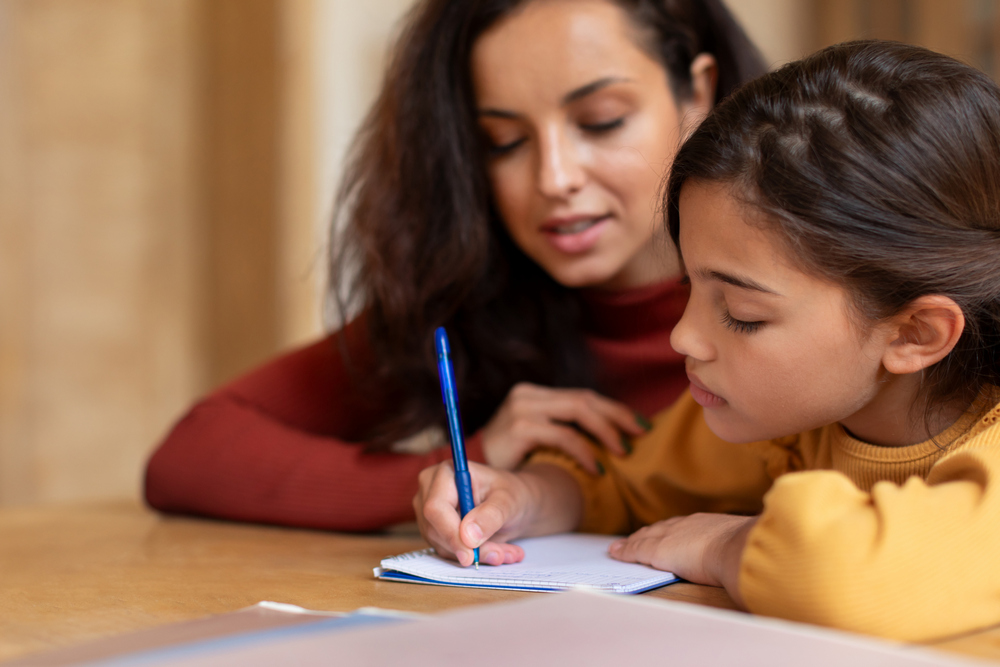How a Private A-Level Tutor Adapts to Different Learning Styles
The same method of teaching doesn’t work for all students when it comes to academic success. Students who are getting ready for their A Levels can learn a lot more, remember it longer and use it better if they know how they learn best. This is where an A Level private tutor comes in very handy. These tutors don’t just do what the books or schedules say. Instead, they change how they teach to fit each student’s style, which makes learning more fun, less stressful and much more effective.
Knowing About Different Ways to Learn
Students can learn in a number of different ways. Some people learn best by seeing things, like diagrams, charts and videos. Some people learn best by hearing things, like in discussions, lectures and verbal explanations.
Kinaesthetic learners comprehend concepts more effectively when they participate in practical exercises or tactile activities. Some students, on the other hand, are more reflective and need time to think about things on their own, while others do better in groups where they can share ideas and ask questions.
A private tutor for A Levels starts by finding out what the student likes, which they usually do through casual conversations, trial lessons or watching how the student reacts to different materials. This information helps them make lesson plans that fit the students’ strengths, which gives them the confidence to tackle hard subjects.
Customising Lessons to Match Learning Needs
Tutors might use graphs, mind maps and colour-coded notes to help visual learners. This helps make difficult subjects easier to remember by breaking them down. Interactive Q&A sessions, debates or even mnemonics, which help people remember things by repeating them and using sound, are good for auditory learners. Kinaesthetic learners are encouraged to solve problems, do experiments or use models to turn abstract ideas into real-life situations.
Tutors offer structured self-study sessions with regular reviews for students who need to think about information at their own pace. This makes sure that they fully understand the concepts without feeling overwhelmed. Group learners may be encouraged to work on assignments with other students or take part in mock discussions. This helps them learn the subject while also improving their communication skills.
Adapting as Learning Progresses Learning is not fixed. As students move through the syllabus, their strengths and weaknesses change. An experienced A Level private tutor regularly checks how well a student is doing and changes their teaching methods as needed. The tutor might give a visual learner more practice problems with diagrams if they have trouble with application-based questions. If a student who does well in groups gets nervous before a test, the tutor might switch to one-on-one coaching to give them extra support and attention.
Summing Up
An A Level private tutor is more than just a teacher. They help students find their way through school by being a guide, listener and strategist. At Optimus Academy, our expert tutors are ready to help you build knowledge, confidence and skills that fit your learning style if you’re looking for personalised help that understands how you learn best.



